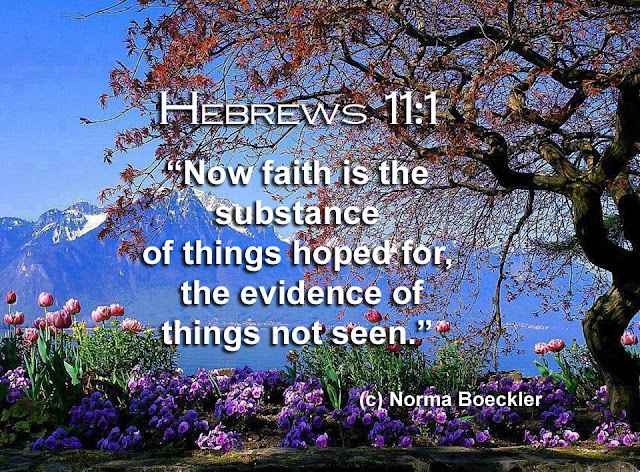26. Note in the second place how Christ does good without harm to others, yea, by preventing harm to others. For there are some who do good in a way that is harmful to others, as the proverb runs, they offer our lady a penny and steal her horse. So they who give alms from ill-gotten goods, as God says in Isaiah 61:8: “For I, Jehovah, love justice, I hate robbery for burnt offering.” Of this nature are nearly all monasteries and cloisters that devour the sweat and blood of the people, and then pay God with masses, vigils, rosaries, or monasteries and holidays, and at times they also give an alto. This is to love with the goods of others, and to serve God in prosperous days and in the fullness of wealth with an all sufficiency. This disgraceful well-doing is indeed a far reaching plague. But here Christ does no one harm, but prevents injury rather, and directs the lepers to the priests, so that they may be deprived of none of their rights.
27. Thus he bestows his kind deeds upon the lepers, as though he went into this village for this purpose; he looks upon them graciously and willingly, and gladly helps them. Besides he thereby also prevents any disadvantage to the priests, although he is under no obligation to them. For as he cleansed the lepers in a supernatural manner without the priests doing anything, he was indeed not obliged to direct them to them, and could say:
Inasmuch as you have not performed your office toward these according to the law, therefore you should also not have the emoluments of the office, which is just and right. But love does not look on what is right nor does it contend, it is present only to do good, and so it does even more than it is obliged to do, and goes beyond what is right.
Therefore St. Paul says in 1 Corinthians 6:1, that among Christians there should be no lawsuits at court, because love does not seek or demand its rights, nor cares anything for them, but is bent only on doing good.
Although he says at another place, 1 Corinthians 13:1: “If I speak with the tongues of men and of angels, but have not love, I am become sounding brass, or a clanging cymbal.” Thus are truly the learned of our day, who teach much about rights, which is only unchristian and opposed to love. I do not speak of those who are forced to contend for their rights; for as right is preferred by some unchristian people, they must be present and defend the right so that nothing worse occurs. It is not Christian, to hang or to crush under the wheel; but in order to restrain murderers, such things must also be done. It is not Christian to eat and drink, nevertheless man is compelled to do both. These are all necessary works, which do not concern the inner nature of Christianity. Therefore a person should not be satisfied in doing them, as though the doing of them made a Christian. The work in the married state is not distinctively Christian, yet it is necessary to avoid evil. Other examples might be given.
28. Thirdly, Christ shows love is still greater, in that he exercises it where it is lost and receives ingratitude from the majority; ten lepers were cleansed and only one thanks him, on the nine his love is lost. If he would have made use of justice here instead of love, as men are accustomed to do and nature teaches, he would have made them all lepers again. But he lets them go and enjoy his love and kind deed, although they return to him enmity instead of thanks. Nor did he prevent the priests from enjoying their own, but gave them their honor and rights, although without any need and obligation to do so. And the priests thank Christ by alienating from him the lepers, so that they believed Christ did not cleanse them, but their offering and obedience to the law did it. And thus they destroy the faith in the lepers, and cause Christ to be despised and hated by them, as though he had taken to himself an office that did not belong to him.
30. Now study this example and incite your life that you may do your good works not only without harm to others, but also to their advantage, and not only to friends and the good, but consider that the greater portion will be lost, and that you will receive ingratitude and hatred as your reward. Then you will walk the right road in the footprints of Christ your Lord. Until you have accomplished this, you should not regard yourself a true, perfect Christian, it matters not whether you wear ten hairy shirts and fast every day, or celebrate mass every day, and pray the psalter, make pilgrimages, and establish churches or yearly festivals. For Christ wishes to have such works done, if they are done in the right spirit. Behold, this is truly a Christian life.














.jpg)















